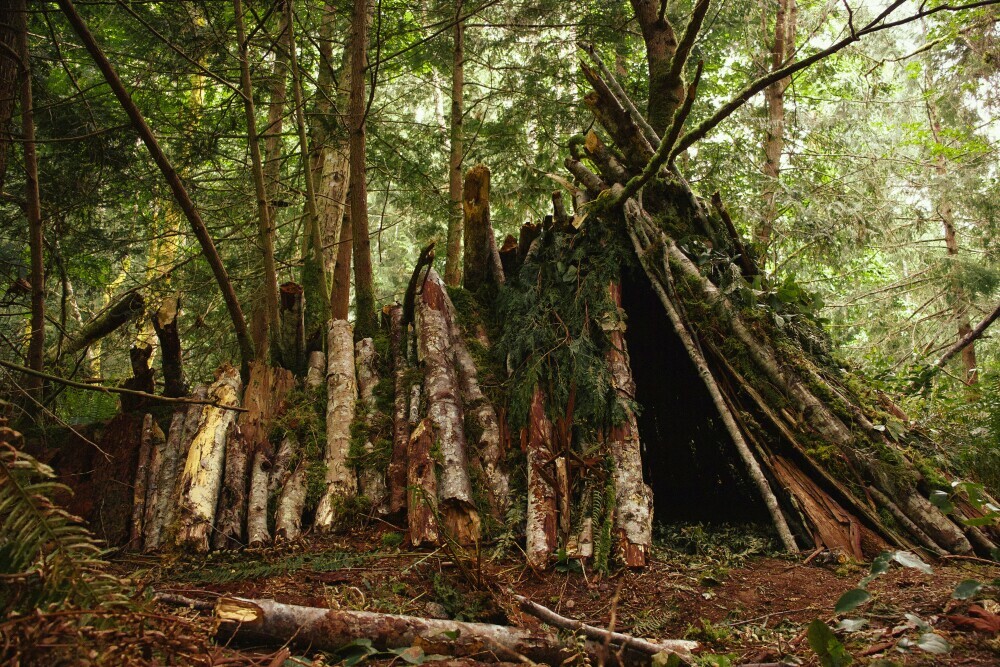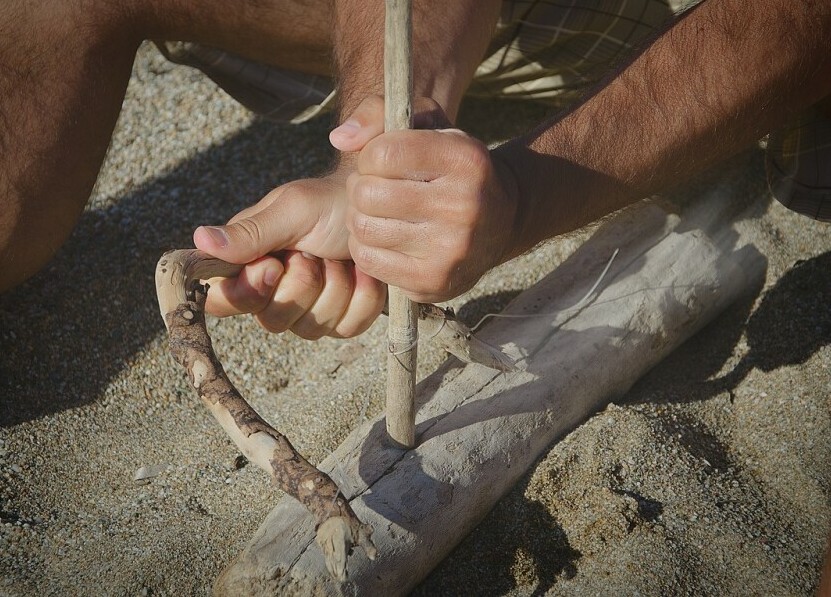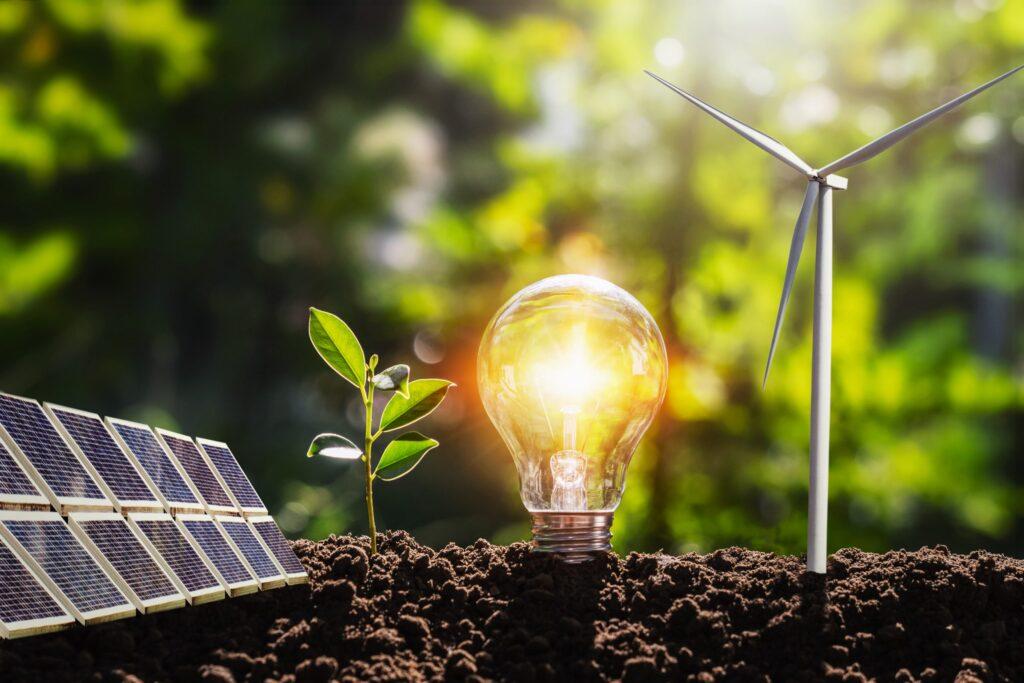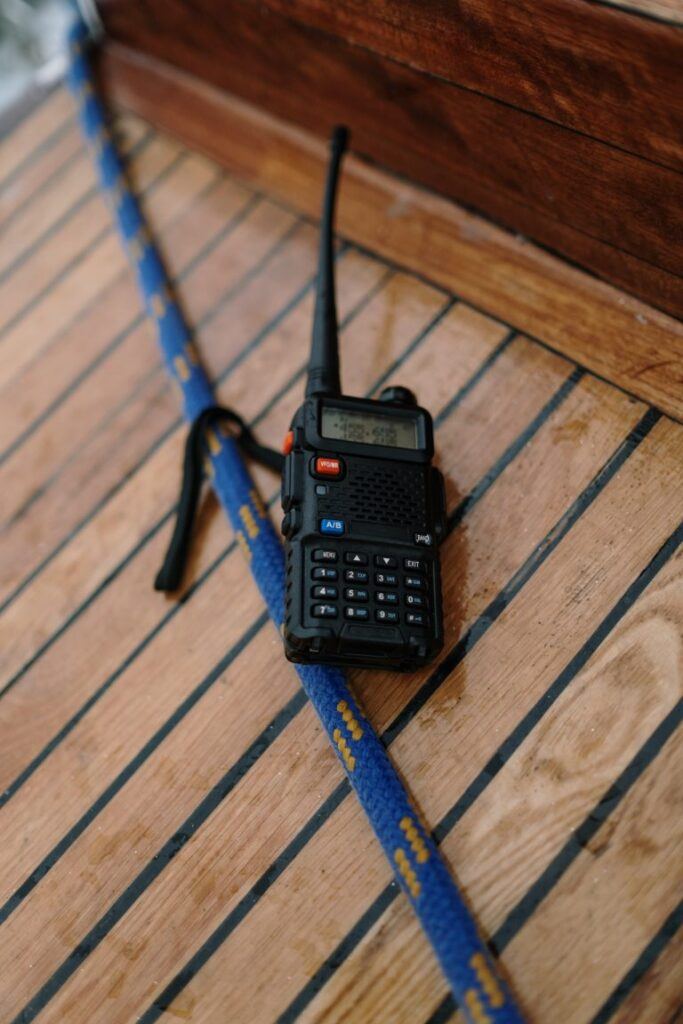Mastering the Art of Self-Reliance

Living off the grid presents unique challenges that require a blend of skills, knowledge, and resourcefulness. Whether you’re preparing for an emergency situation, planning a long-term off-grid lifestyle, or simply seeking to enhance your self-reliance, mastering off-grid survival techniques is crucial. Here are some key strategies to ensure your success in off-grid living.
1. Water Sourcing and Purification

Finding Water: Reliable access to water is fundamental. Learn how to identify natural water sources such as springs, streams, and rainwater. You can also dig for water in dry riverbeds or use dew collection methods.
Purification Methods: Boiling water is one of the most effective methods for killing pathogens. Portable water filters and purification tablets are also essential. For long-term solutions, consider setting up a rainwater harvesting system with a filtration setup.
2. Food Procurement and Preservation

Foraging and Hunting: Understanding local edible plants, fungi, and wildlife is crucial. Learn to identify safe-to-eat species and practice sustainable foraging techniques. Hunting and trapping skills will also provide a vital food source.
Preservation Techniques: To ensure food lasts, practice preservation methods such as drying, canning, and smoking. Building a root cellar can help store vegetables and other perishables in a temperature-controlled environment.
3. Shelter Building

Choosing a Location: Select a site that offers natural protection from the elements, such as a hillside or near a stand of trees. Ensure the location is elevated to avoid water runoff.
Constructing Shelter: Learn basic shelter-building techniques, including constructing a lean-to, a debris hut, or a log cabin. Insulation and weatherproofing are critical for maintaining comfort and safety.
4. Fire Making

Fire Starting Tools: Always carry multiple fire-starting tools, such as waterproof matches, lighters, and a fire steel. Practice using these tools to ensure you can start a fire in various conditions.
Fire Building Techniques: Learn how to build different types of fires, including the teepee, log cabin, and Dakota fire pit. Mastering these techniques will allow you to cook food, stay warm, and signal for help.
5. Basic First Aid and Health

First Aid Skills: Stock a comprehensive first aid kit and learn basic first aid skills, including wound care, splinting fractures, and treating burns. Understanding how to manage common illnesses and injuries in an off-grid setting is essential.
Health Maintenance: Maintain personal hygiene to prevent illness and infections. Learn how to identify and treat symptoms of common ailments such as dehydration, hypothermia, and heat exhaustion.
6. Energy and Power Solutions

Solar Power: Install a solar power system to generate electricity for essential devices. Learn about solar panel installation, battery storage, and inverter systems to optimize your power usage.
Alternative Energy Sources: Consider other energy sources like wind turbines or hydro generators, depending on your location. Backup options such as fuel-powered generators can also be useful for emergencies.
7. Communication and Navigation

Emergency Signaling: Equip yourself with signaling devices like a whistle, signal mirror, and emergency flares. Knowing how to use these tools can be crucial in emergencies.
Navigation Skills: Familiarize yourself with map reading, compass use, and basic navigation techniques. GPS devices can be helpful, but always have a backup plan and understand how to navigate using traditional methods.
8. Security and Safety

Securing Your Shelter: Reinforce your shelter to protect against wildlife and intruders. Use traps and alarms as necessary to secure your perimeter.
Self-Defense: Equip yourself with basic self-defense skills and tools. Understanding how to protect yourself and your supplies is vital for safety in off-grid environments.
Conclusion
Mastering off-grid survival techniques involves a combination of practical skills, knowledge, and preparation. By focusing on water sourcing, food procurement, shelter building, fire making, health maintenance, energy solutions, communication, and security, you can enhance your self-reliance and thrive in off-grid living. Embrace the challenge, and with careful planning and practice, you’ll be well-prepared for a self-sufficient lifestyle.
